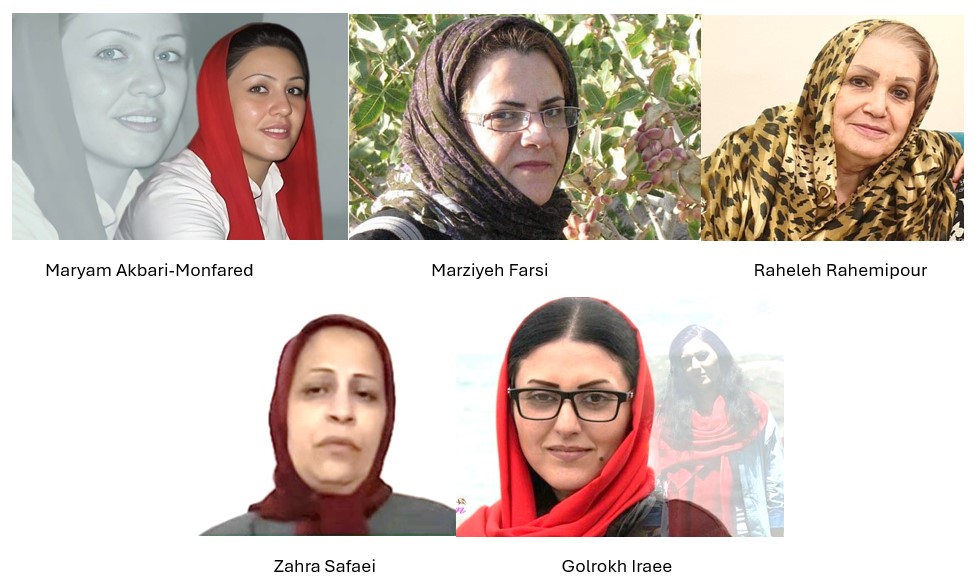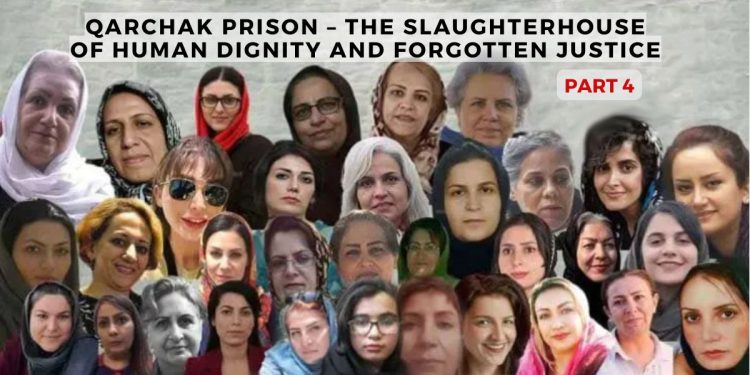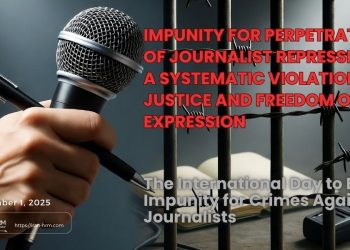In Qarchak Prison, denial of medical treatment is not accidental or due to negligence, but a deliberate and organized policy. Prison authorities systematically block women prisoners from accessing healthcare, at times using their very lives as a tool of coercion. “Medical denial” in Qarchak has become a form of torture – slow, silent, and designed to wear down the bodies and minds of women political prisoners.
Pattern of Denial of Treatment
Even in serious cases, prisoners are deprived of medical care. The pattern is consistent:
- Sick prisoners are sent to the infirmary but accused of “malingering” (faking illness).
- Transfer to hospital occurs only in the most critical cases, and always with delay.
- In many cases, hospitalization is conditioned on exorbitant payments or unrealistic bail.
- This pattern shows that the prison infirmary functions not as a medical service but as an instrument of repression and torture.
Medical Hostage-Taking
One of the main methods of pressure on political prisoners is “medical hostage-taking.” Authorities demand heavy bail from prisoners or their families in exchange for hospital transfers or access to proper treatment.
Example: In one case, officials demanded bail equivalent to 15 billion tomans for a medical furlough – an impossible sum. This policy has turned treatment into a commodity monopolized by the prison.
Silent Deaths
Multiple deaths in Qarchak have been recorded due to denial of medical care:
• Farzaneh Bijanipour: Accused by the prison doctor of malingering and, after being returned to her ward, died without treatment.
• Women with cancer and heart disease: Repeatedly denied care despite specialists’ urgent recommendations.
These deaths are not random but the direct result of a deliberate policy.
Individual Cases
 Zahra Safaei: Suffered a heart attack and has two cardiac stents. Despite her family’s willingness to cover costs, she was denied access to a private hospital.
Zahra Safaei: Suffered a heart attack and has two cardiac stents. Despite her family’s willingness to cover costs, she was denied access to a private hospital.
Maryam Akbari Monfared: Suffers from rheumatoid arthritis and severe spinal and knee problems. Five medical specialists warned that delays in surgery could lead to paralysis. Authorities have deliberately blocked her treatment due to her pursuit of justice for the 1988 massacre.
Saba Kord Afshari: Repeatedly suffered stomach bleeding. Denied medical furlough after protesting the lack of hot water.
Golrokh Iraee: After a prolonged hunger strike, became so weak she lost the ability to walk. During her transfer from Evin to Qarchak, she was beaten by guards.
Marziyeh Farsi: Suffers from cancer and heart disease yet is denied treatment.
Raheleh Rahemipour (73 years old): Suffers from a brain tumor, thalassemia minor, high blood pressure, diabetes, joint pain, cataracts, and severe arrhythmia. The state forensic medicine authority explicitly stated she is unfit to serve her sentence and requires urgent, ongoing treatment in specialized centers. Yet prison and judicial officials have refused to act.
These are only a few examples of dozens of women political prisoners in Qarchak suffering from life-threatening illnesses while denied treatment.
Simultaneous Physical and Psychological Torture
Denial of treatment in Qarchak is not simply lack of doctors or medicine – it is a form of torture targeting both body and mind:
- The prisoner suffers physical pain and illness.
- Authorities deliberately impose feelings of helplessness and despair.
- This psychological pressure is calculated to break the resistance of political women prisoners.
Legal Analysis
This policy violates multiple international instruments binding on Iran:
- Article 7 of the ICCPR: Prohibition of torture and cruel treatment.
- Article 10 of the ICCPR: Requirement of humane treatment of prisoners.
- Article 12 of the ICESCR: Right to the highest attainable standard of physical and mental health.
- Nelson Mandela Rules: Obligation to provide prison healthcare at the same level as the community.
- Convention Against Torture (CAT): Deliberate denial of treatment constitutes torture and is prosecutable.
Human and Social Impact
The policy of “medical denial” has devastating consequences:
- Women prisoners face slow, silent deaths.
- Families watch their loved ones deteriorate without being able to help.
- Society receives a chilling message: anyone who resists will endure slow death in Qarchak.
Conclusion and Call to Action
The deliberate denial of medical care to women political prisoners in Qarchak constitutes systematic torture. This policy endangers the lives of dozens of prisoners and has already led to silent deaths.
We call on the United Nations, the International Committee of the Red Cross, and all human rights bodies to:
- Establish an independent fact-finding mission to investigate medical conditions in Iran’s prisons, especially Qarchak.
- Demand the immediate transfer of sick prisoners to specialized medical centers.
- Prosecute judicial and security officials of the Iran regime responsible for these crimes under international law.







